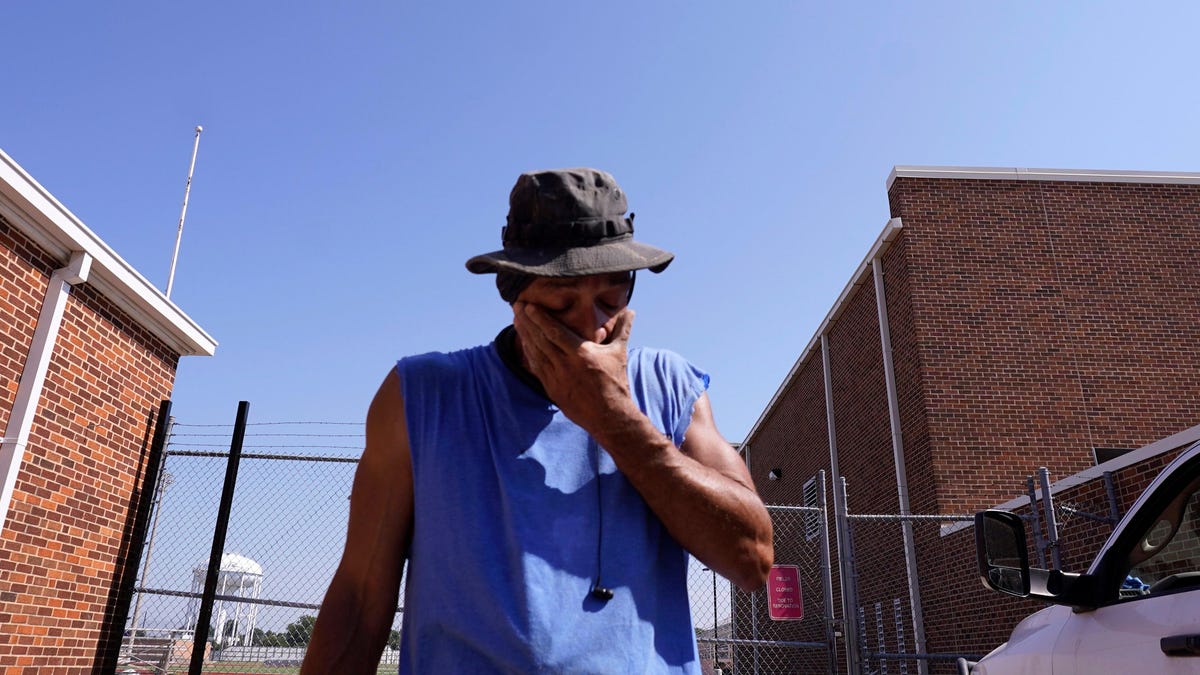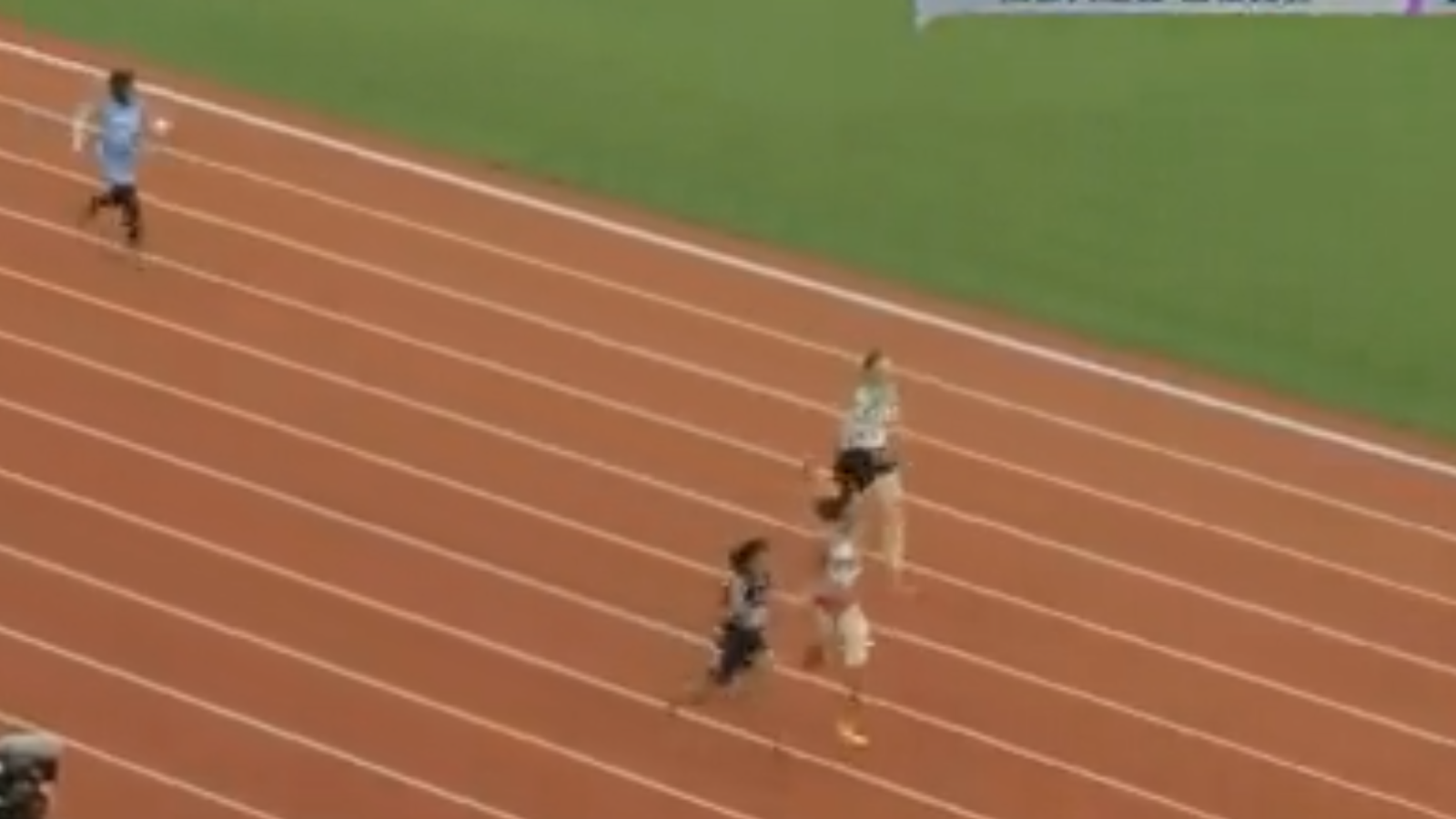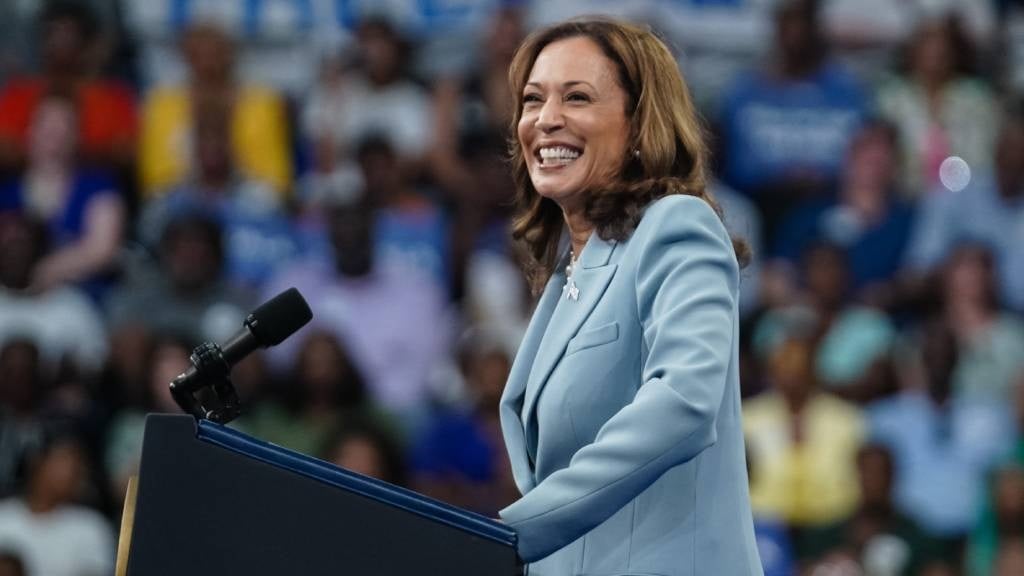Chinese tourists have largely stayed away since then, but the announcement has spurred hopes for a sector that was once dependent on tour groups’ spending across the country. Japan, the United States, Germany and the United Kingdom were also included on the new approved destinations list.
In 2019, China was Australia’s largest inbound tourism market with 1.4 million holidaymakers spending $2.1 billion, including up to $581 million spent by groups.
“It is welcome news for our nation’s tourism operators, and will provide a boost for the visitor economy, further supporting the sector’s ongoing recovery,” Farrell said.
In June, Tourism Australia, Destination NSW, Visit Victoria and representatives from other states visited China to launch the Come and Say G’day campaign.
“Chinese travellers have been returning to Australia in growing numbers since the start of the year and the return of the group travel segment will provide another important boost,” said Tourism Australia’s managing director, Phillipa Harrison.
But any significant increase in Chinese visitors to Australia will be dependent on airline capacity.
Trade Minister Don Farrell at the launch of the Tourism Australia campaign in Tokyo last year. Credit: Christopher Jue
Chinese airlines slashed their routes to Australia during the pandemic. Middle-class travellers targeted by tour operators have been reluctant to splurge on overseas travel as the Chinese economy slides into deflation and struggles to bounce back from COVID-19.
In June, seat capacity from China had returned to 54 per cent of its pre-pandemic levels.
The tourism announcement and the barley deal have raised the prospect of a meeting between Prime Minister Anthony Albanese and Chinese President Xi Jinping on the sidelines of the G20 in November.
Loading
Albanese is also considering whether to travel to Beijing for the 50th anniversary of Gough Whitlam’s first trip to China as prime minister in October.
But there are still serious impediments in the relationship. Chinese restrictions on seafood, wine and cotton remain in place.
Two Australians, Cheng Lei and Yang Hengjun remain in jail on unspecified national security charges.
#Chinese #tour #groups #return #Australia #Beijing #issues #list #approved #destinations







